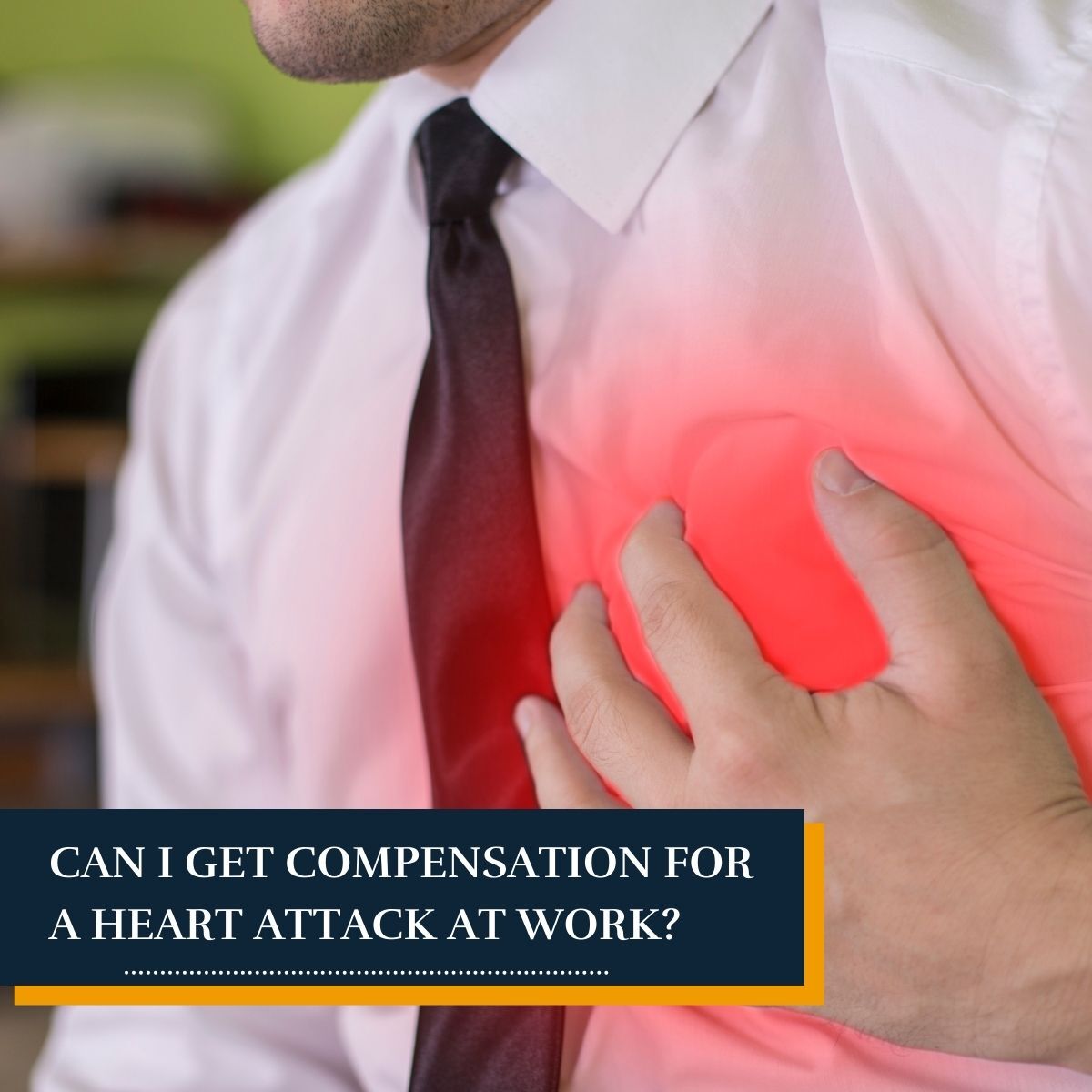
When you have a heart attack caused by your job, you might wonder whether you can file a claim for workers’ compensation benefits. Because heart attacks can have many non-work-related causes, proving you’re eligible for workers’ comp for a heart attack can be tricky. Having skilled legal representation can give you the best chance of making a successful claim.
After you’ve had a heart attack that might have been related to your job, reach out to the experienced workers’ compensation lawyers of Calhoon and Kaminsky P.C. today for a free initial case evaluation. A member of our legal team can walk you through the workers’ comp claim process and fill you in about how our firm can assist you with recovering the benefits you need.
Is a Heart Attack Covered by Workers’ Comp?
Many heart attacks are caused by various health- and environmental-related factors. But you could be entitled to workers’ compensation benefits after a work-related heart attack. To receive workers’ comp for a heart attack in Pennsylvania, you will need to prove that your heart attack was caused by conditions that occurred in the course and scope of your job.
What’s Covered Under Workers’ Compensation Benefits for Heart Attacks?
Work-related heart attacks are covered under workers’ compensation. But what workers’ comp benefits can you collect after a heart attack at work?
If you can successfully prove that your job caused your heart attack, you may be entitled to recover various benefits under Pennsylvania’s workers’ compensation law, including the following:
- Payment for your medical treatment and rehabilitation, including ER and hospital bills, surgeries, and physical therapy
- Temporary disability benefits, which partially replace lost wages when you take time off work to recover after a heart attack
- Permanent disability benefits, which provide financial payments or wage replacement if you cannot return to your pre-heart attack duties
In addition, the family of a worker who suffers a fatal work-related heart attack may be entitled to receive death benefits, which include financial payments and contributions towards funeral expenses.
How To Prove a Heart Attack Was Work-Related
Because so many factors contribute to heart attacks, proving that a heart attack is work-related usually requires showing that some extraordinary strain happened during work. Employers and workers’ compensation insurers will dig into a worker’s medical history to find other causes of a heart attack. They may point out factors such as the worker’s diet, smoking or drinking habits, overall fitness level, pre-existing medical conditions, or other stressors in the worker’s personal life.
Proving that a heart attack was work-related often involves identifying some extreme physical or emotional stress that occurred while you were working. For example, if you were working an extended shift performing significant physical activity and then suffered a heart attack during or immediately after, you might be able to prove your eligibility for workers’ comp benefits.
It can be easier to prove that a heart attack is work-related when it occurs at work. Heart attacks that occur outside of work are often considered non-work-related. A knowledgeable workers’ comp attorney can help you determine if your heart attack is work-related.
Talk to Our Experienced Workers’ Compensation Attorneys in Pennsylvania Today
You may be eligible for workers’ comp benefits after a heart attack at work, but it won’t be easy to prove. If you believe that you have suffered a work-related heart attack, contact Calhoon and Kaminsky P.C. today for a free, no-obligation consultation. You can talk with our Pennsylvania workers’ compensation lawyers about your legal rights to receive the benefits you need during your recovery.
- About the Author
- Latest Posts

